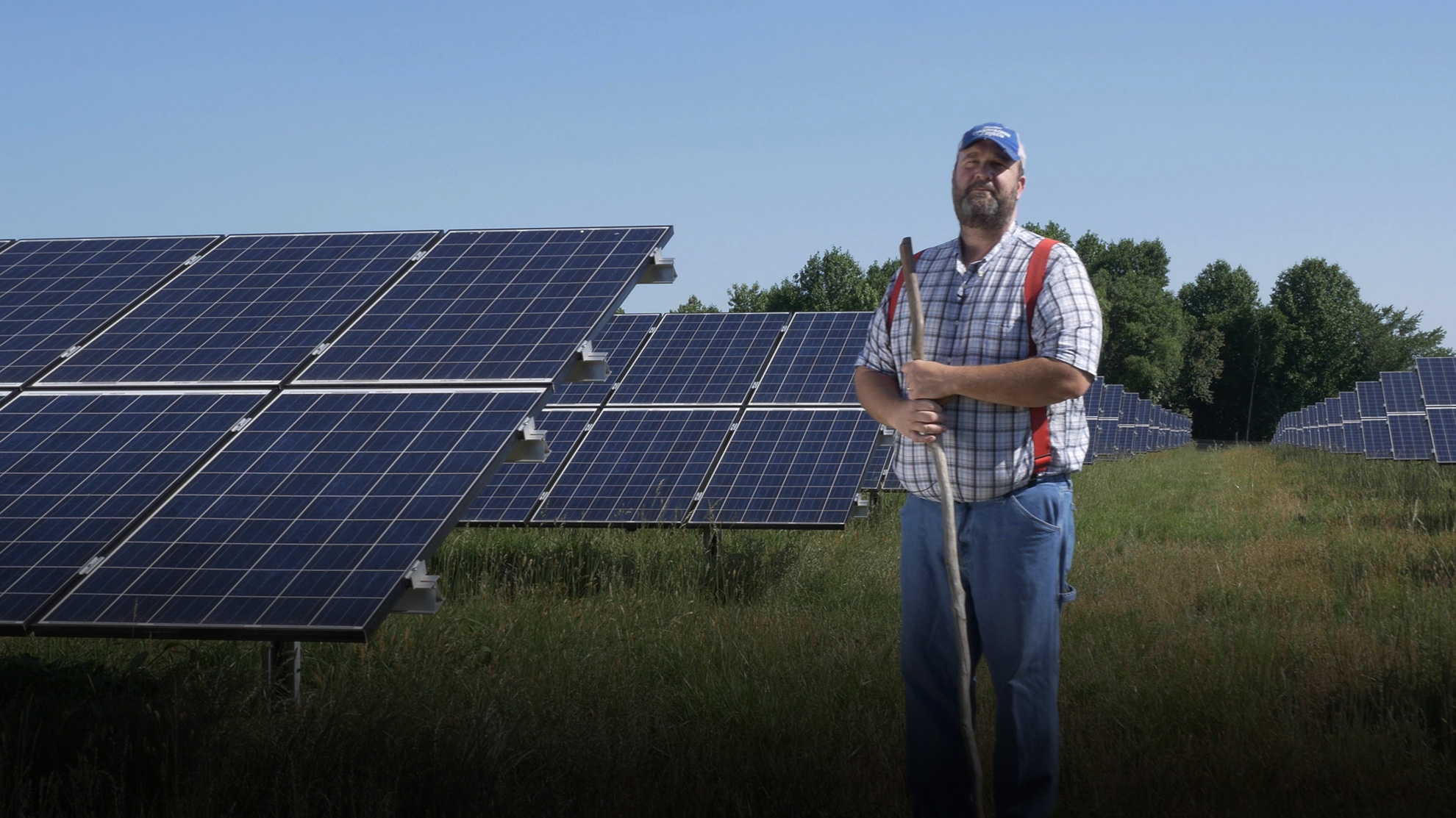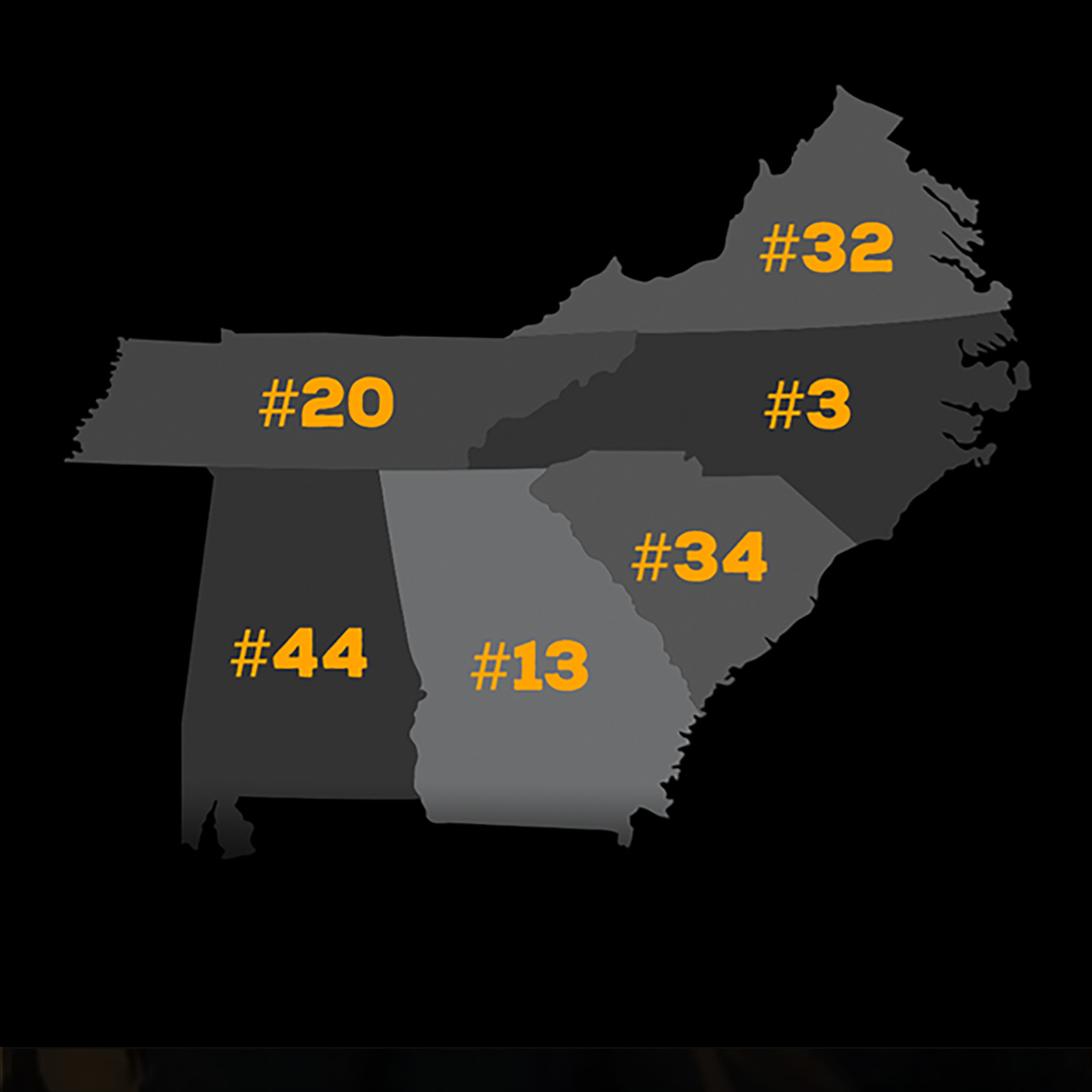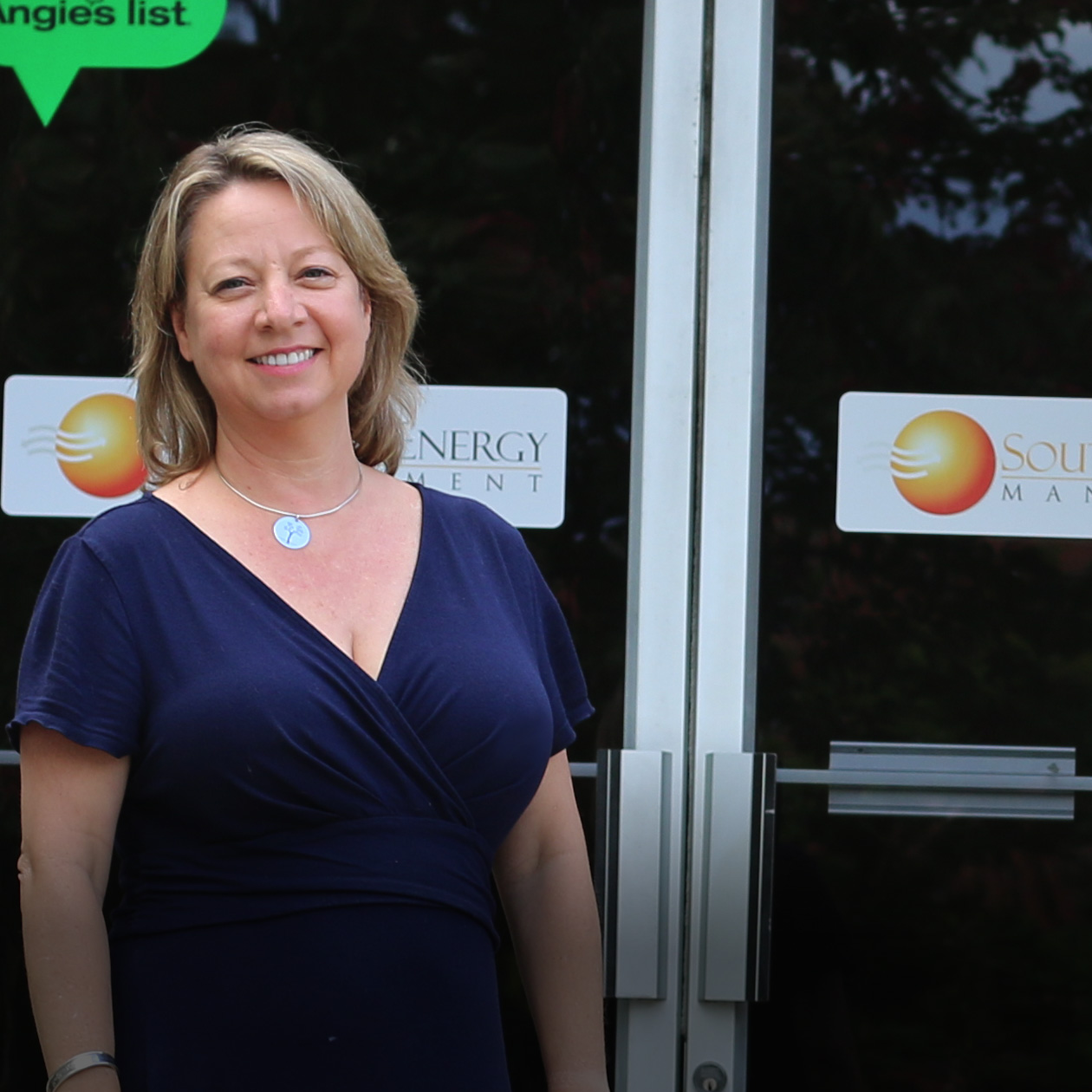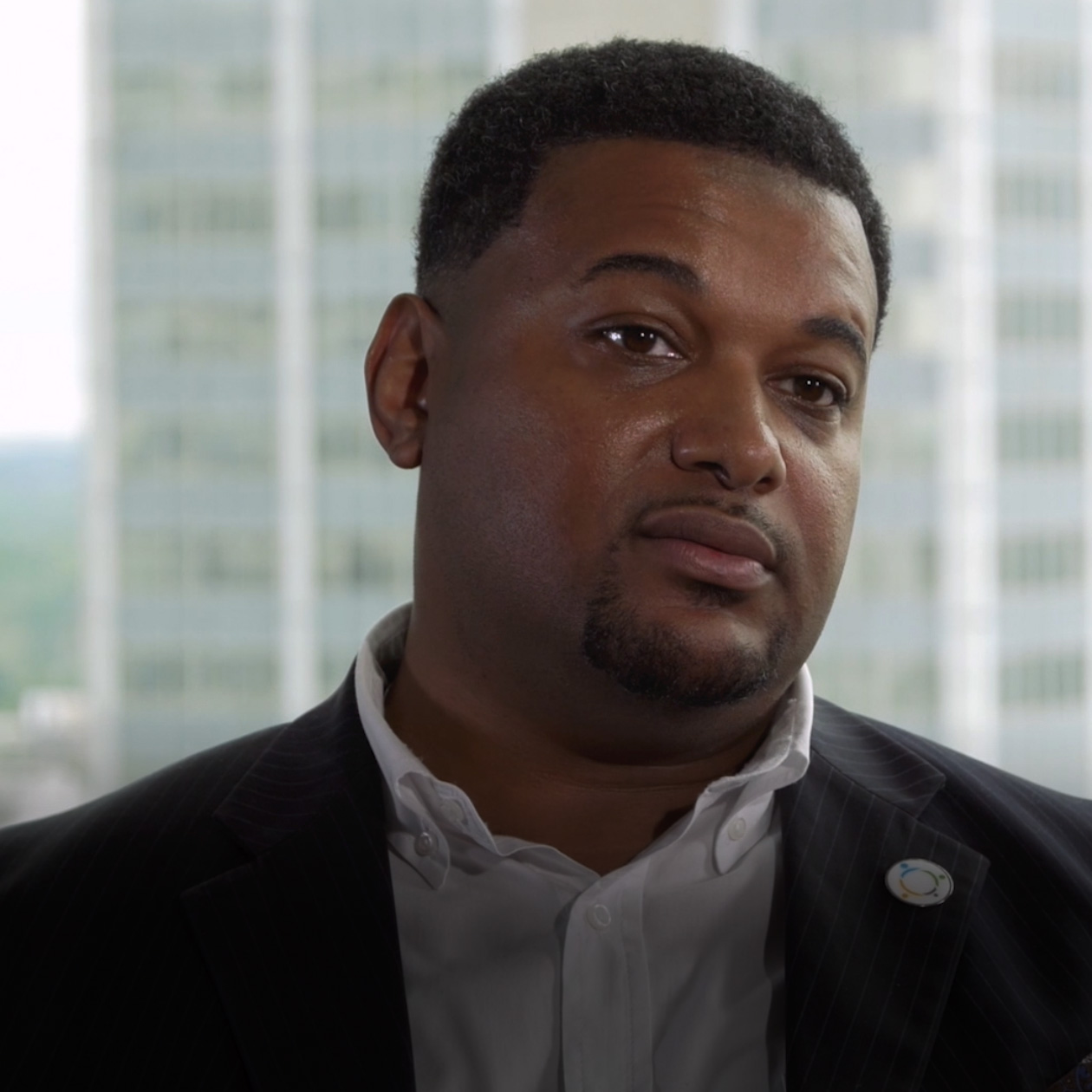Chad Ray
Chad Ray knows a lot of farmers—and he knows that most of them hold down two or even three jobs to help pay the bills.
“I’ve never met a farmer that didn't dream of only farming,” Ray says. “But I've never met many that only farm. You just can't make a living doing that.”
Ray should know. Not only does he raise cattle and poultry on his farm in Bunn, North Carolina, he also runs an on-farm market, welcomes the public for tours, and hosts 85 kids a week from the local 4H club.
Then he has his second job.
In addition to running Ray Family Farms, Ray and his family run a green home construction company.
Clearly, Ray has his hands full. But 6 years ago when he heard the news that independent power producer O2 Energies would be installing a utility-scale solar farm in town, he saw an additional opportunity. Ray knew that many farmers could benefit from more pasture land, but couldn’t afford to buy or lease it.
“I just looked at all this acreage out there and said we should be able to marry the farmer’s needs and the community’s needs to the solar company’s needs,” he says.
So, he reached out to O2 Energies and made a deal: Ray’s sheep would live on the 20-acre solar farm and graze on the grass growing under and around the 20,000 solar panels. In exchange, O2 Energies would receive all-natural lawn care—no pesky weeds shading the panels, no glass-shattering rocks kicked up by gas-powered lawn mowers.
“So it may be a solar facility but it's a working sheep farm as well,” Ray says. “That's the beauty about what we're trying to do is put the two together.”
And, in fact, the two came together beautifully. O2 Energies was so pleased with the collaboration, that they asked Ray to expand his services to solar farms across the state.
That’s when Ray founded yet a third business: Sun Raised Farms, a network of family farmers across North Carolina who place and manage sheep on utility-scale solar farms.
“We knew we couldn't go all over the state but we knew there were people like us all over the state, and we knew solar was going to be all over the state,” Ray says.
So, Ray and his wife Jodi began recruiting other small family farmers into the network by promising not just free land for sheep grazing, but also help in marketing the grass-fed lamb that would be the end product. Sun-Raised Farms products are marketed together and sold in restaurants and farmers markets across the state.
Now in its fifth year of operation, Sun-Raised Farms employs 17 family farmers across North Carolina. In 2015, they serviced nearly 50 utility-scale solar farms, earning over a quarter-million dollars in extra income. And their client list has expanded beyond O2 EMC, to include some of the other large solar developers in North Carolina.
The fact that utility-scale solar farms are helping family farmers make a living may be a surprise to those North Carolinians who are concerned about losing good farmland to vast expanses of solar panels. But Ray firmly believes that those folks fail to understand one very important fact: family farmers in North Carolina are already struggling.
“A very reasonable solution is to put 50 acres of land in solar on their farm,” Ray suggests. With a 25 year-lease, “that will pay for all their taxes or give them more income than a 50-acre crop of corn would ever do.”
Sun-Raised Farms has had such success that the local “mow and blow” companies that would normally maintain the solar farms have continued dropping their prices to remain competitive. They can compete on price, Ray says, but not on reputation.
“Matter of fact, we're a lot more valuable than somebody who just mows grass because, by investing every dime of money that's spent to maintain the site with somebody local who's a family farmer who's trying to make it and keep their own farm, that's a good story,” Ray asserts.
In fact, he says, that’s why Whole Foods signed on to sell their grass-fed lamb.
“They want to tell that story, they want to sell that story. There's nothing wrong with doing what's right and being profitable at the same time,” Ray says.
“It's a must.”




